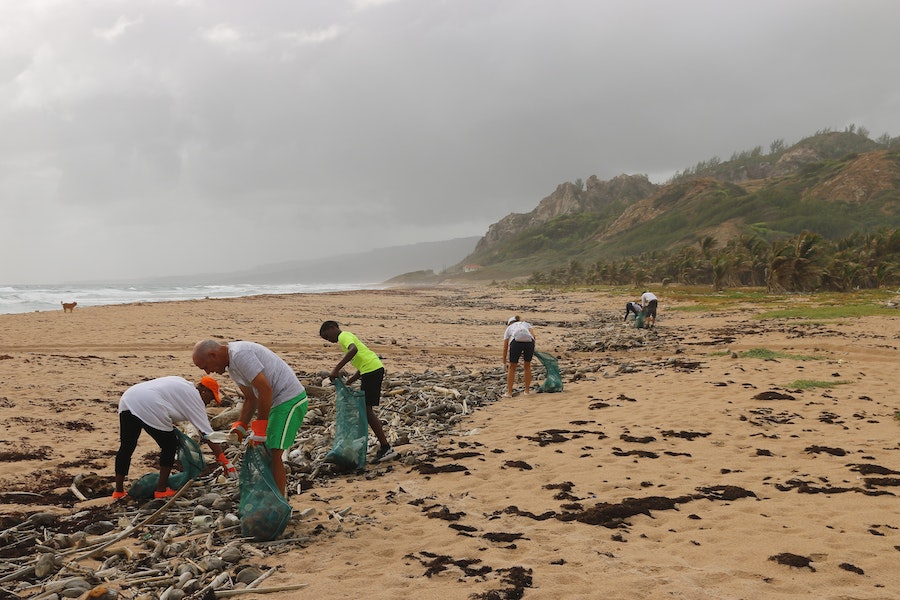By Sandy Krolick, PhD
Given the fast-pace of this global economy in which we are increasingly caught up, it is hard to believe that personal acquisition, capital accumulation, and competitiveness were not always keys to our survival. The accepted narrative trumpeted throughout the modern world is that individuality, personal advancement, and competitive advantage are crucial to a healthy economy and happy life. But, like I said, this is simply the official narrative. It is a myth perpetrated by some of the strongest elements of hierarchy in our culture, those in power positions—the politicians, the military men, wealthy oligarchs, capitalists, and yes, even the priests.
It has been recognized by numerous scholars over the past several decades in social anthropology, ethnography, ethnology, and paleontology, that a fundamental key to human survival, and a primary marker of the Homo genus was our sociability and our natural sharing of resources, whether that meant sharing food from the hunt, daily tools, or sexual favors. Our earliest forebears, living in relatively small tribal bands of pre-agricultural hunter-gatherers, shared anything and everything: That is what distinguished us from most, if not all, of our primate cousins. Sharing, as the basic and primal human activity, mitigated against hierarchy and individual power accumulation. Hierarchy and competition only emerged with the birth of cities on the heels of agriculture a mere six thousand years ago. But for two hundred thousand years before that, Homo sapiens were egalitarian, and for two million years prior, earlier members of our genus (Homo erectus, Homo neanderthalensis) were also egalitarian social creatures.
So, what does this have to do with volunteerism? Well, perhaps nothing. But, volunteering is fundamentally giving something of yourself to the other. It is essentially an act of sharing, reinforcing bonds of kinship, of affinity, of caring between and among people. The concept of volunteering represents a modern example of this primal and very natural human tendency to share. It is how our earliest ancestors lived before the first city walls were erected, before the first social laws were enacted, before the first kings and priests started lording it over the rest of us, first giving voice to the illusion that competition and personal advancement—getting to the top of the power pyramid—were all that mattered.
I am not suggesting that volunteering is a noble act. It is not. It is simply a human act, naturally human. It is not a selfless act ,either, because as an act of sharing, it implicates you in a profound circle of reciprocity. But neither is it calculating, like a quid pro quo—doing something in order to get something in return. It is merely the human thing to do, rooted in our very genetic makeup as a species, in our Pleistocene origins.
So go ahead and act against hierarchy, against the accepted narrative of competition and accumulation, against the greed and selfishness of modern urban culture. Go ahead and volunteer. And, if you already enjoy volunteering, maybe now you understand why. Continue to do it for the sheer joy it brings you, reconfirming your basic humanity and love of your fellow man.
Sandy Krolick has a doctorate in Religious Studies from the University of Virginia.

